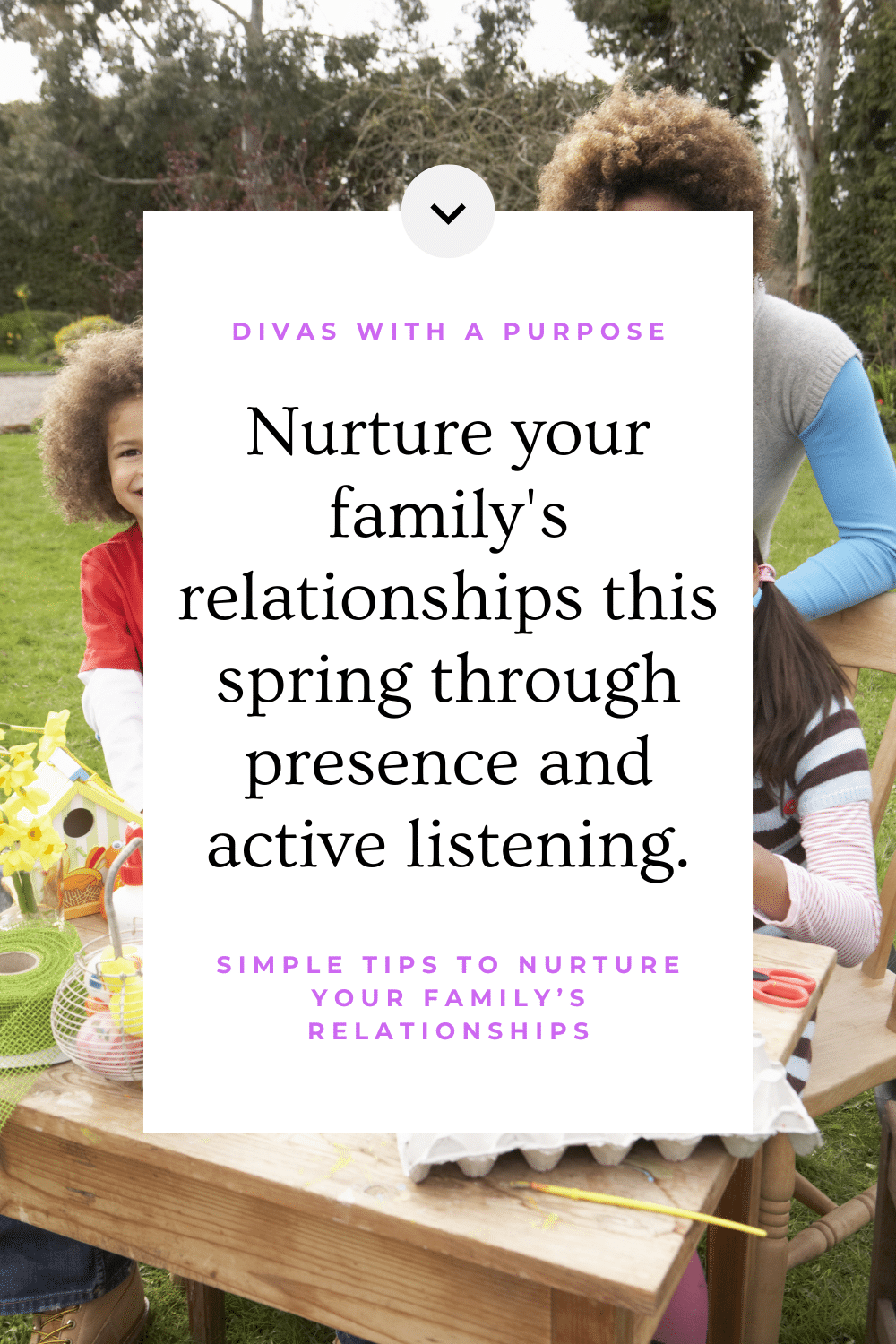Nurture Your Family’s Relationships This Spring
Nurture your family’s relationships this spring with outdoor activities, healthy and fun family bonding, and active listening. Support your neurodivergent kids during this season of growth with these tips and explore holistic treatment options like non-prescription ADHD medication.

After a long and cold winter, you and your family are probably ready for a change of pace. Spring brings many opportunities to bond with your children, but it can be somewhat challenging to transition to a more active time of year. Along with over the counter ADHD medication for child, you can support your neurodivergent kids by nurturing your family’s relationships during this season of growth.
Embrace Outdoor Activities
When your children have excess energy, they may challenge you more in the home. To help them settle into springtime routines, embrace being outdoors. Provide structure and guidance with clear expectations of what you’ll do together.
Tell your children how much time they can spend at the playground or how long your bike ride will be. Another option is to set up a low-stakes scavenger hunt and send your children into the yard to find a handful of seasonal items.
Remember to stay off your phone and remain present and engaged while spending time with your family. Regardless of the activity, your time together is only as meaningful as you make it.
Plan Healthy and Fun Family Activities
If you have a school-age child struggling with 5 year old anxiety, plan activities that are healthy and fun for them. Bringing your child to a crowded mall or loud movie theater can make it difficult to enjoy your time together. Instead, choose things to do that align with their interests and abilities. Always opt for screen-free activities that involve hands-on play.
To help your child cope with stress, set up an arts and crafts or sensory activity at home. Some effective options are:
- Excavate toys from ice
- Make things with playdough
- Paint with your fingers
- Play in a bucket of uncooked rice
- Blow bubbles
- Dig in the garden
Each of these activities is ideal for improving your relationship with your children. Avoid giving too many instructions while playing together. Let your child explore and develop healthy curiosity.
Sign Up Below to Receive Your Free Printable!
Practice Active Listening
One of the most important things you can do to nurture your relationships is listen. You may feel burnt out after the winter, with holidays and seasonal mood swings making it hard to find equilibrium again. Your children can easily pick up on your stress, and they may withhold their thoughts and feelings. Show them you are present by actively listening.
Active listening is more than just nodding along with someone while they’re talking. The steps of active listening are:
- Give undivided attention and acknowledgement
- Use appropriate body language to recognize the speaker
- Reflect what is being said with occasional paraphrasing
- Ask clarifying questions if you get confused
- Avoid judgment and don’t offer solutions to problems
- Be respectful and sensitive when responding
If you practice this kind of interaction, your children will feel safe to come to you both when they’re feeling great and when they’re facing a challenge.

Simple ways to nurture your family’s relationships
Embracing outdoor activities, planning healthy and fun family bonding experiences, and practicing active listening are all excellent ways to nurture your family’s relationships. By dedicating time and effort to these practices, you’ll create a strong foundation for your family to grow and thrive together, especially during this season of change.
To be present for your children, you have to take care of yourself. Explore the benefits of non prescription ADHD medication for adults to find a holistic treatment option today.

